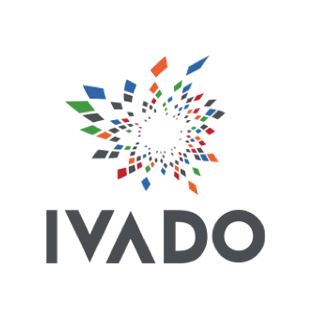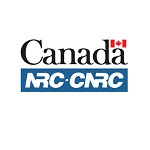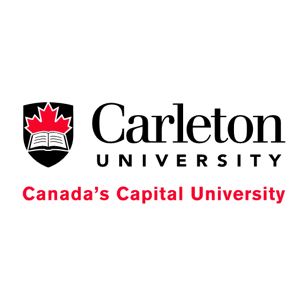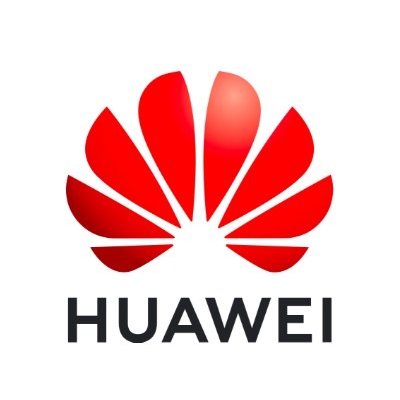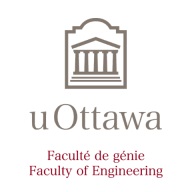Graduate Student Symposium
Call for Papers
The 33rd Canadian Conference on Artificial Intelligence invites graduate students to submit summary (abstract) papers of their thesis research for possible inclusion in the AI 2020 Graduate Student Symposium and the AI 2020 proceedings published by Springer Verlag in the LNAI series. The Symposium provides an opportunity for Master’s and PhD students to discuss and explore their research interests and career objectives with their peers and with a panel of established researchers in Artificial Intelligence, helping to develop a supportive community of scholars and a spirit of collaborative research.
Important Dates
Paper submission deadline: 2 February 2020 extended to 9 February 2020, (11:59 p.m. UTC-12).
Author notification: 24 February 2020 1 March 2020
Final papers due: 7 March 2020 11 March 2020
Graduate Student Symposium: 12 May 2020
Program
Detailed program for the symposium.
The sessions' content or order may be changed.
Join the symposium on Zoom.
| Time (EST) | Tuesday 12 May 2020 |
| 9:00 - 9:15 | GSS- Welcome (Zoom) |
| 9:15 - 10:45 | Session 1 (Zoom) |
| 10:50 - 12:20 | Session 2 (Zoom) |
| 12:20 - 12:40 | Break |
| 12:40 - 14:00 | Session 3 (Zoom) |
| 14:00 - 14:30 | CAIAC 2019 Master’s Thesis Award Winner Talk (Zoom) |
Session 1: 9:15 - 10:45 (EST)
Session 2: 10:50 - 12:20 (EST)
Session 3: 12:40 - 14:00 (EST)
Program co-chairs
Pooya Moradian Zadeh, School of Computer Science, University of Windsor
James R. Wright, Dept. of Computing Sciences, University of Alberta
Sponsorship chair
Daniel L. Silver, Acadia University
Details on the symposium and the submission process
The symposium will be a pre-conference event, on May 12th, where students of accepted abstracts will be invited to give a presentation on their thesis work before a group of peers as well as a small team of recognized AI researchers who will offer a critique of each presentation and provide support, advice, and mentoring.
Graduate students are invited to submit a 4-page summary of their on-going thesis work from all areas of Artificial Intelligence. All submissions must be written in English. The paper should clearly state the research problem, the proposed solution and approach and the description of the progress to date, including significant results. Program committee members will review each submission. Presenting students will be selected based on clarity of the submission, difficulty of the problem, novelty of the solution, quality of the research, and evidence of promise such as published papers or technical reports.
Papers may be up to 4 pages in length and must be formatted according to Springer’s LNCS style. Please follow the instructions for authors at Springer’s website (http://www.springer.com/computer/lncs?SGWID=0-164-6-793341-0). The use of the LaTeX2e style file available at Springer’s website is strongly encouraged.
The paper submission should be accompanied by the following materials:
- A cover letter stating your name, institution, supervisor’s name and email address, program start date, expected graduation date, and 2-5 keywords describing your work. Also include references to any related refereed and non-refereed publications and presentations.
- A letter of support from your thesis advisor that includes an assessment of the current status of your thesis research and expected contributions and graduation date.
Please combine all materials into one PDF document and submit by the deadline shown on the main GSS-2020 website. To submit your work, please go to the AI 2020 – Graduate Student Symposium Submission site and follow the instructions.
All students are encouraged to attend and participate in the Symposium, whether or not they apply to present their work. All the selected student presenters are expected to actively participate in the full Symposium, as we envision participants gaining as much by interacting with their peers as by having their presentations critiqued by the faculty panel.
Partial financial assistance for travel and accommodations will be available to students presenting at the Symposium, as funding allows.
FAQ
Q1. Do I have to be a graduate student to submit an abstract?
A1. The first author, or a solo author, has to be a graduate student. An undergraduate student can be a co-author if he/she has helped with experiments. Note that the abstract has to be presented by the graduate student.
Q2. Can I submit an abstract of my completed dissertation?
A2. The Graduate Student Symposium aims to help students to define and make progress on their thesis. We accept abstracts that show work in progress – during the period from thesis proposal formulation through to theoretical proofs and empirical studies.
Q3. Should my supervisor(s) support my GSS submission?
A3. We expect a one-page support letter from your supervisor(s). The letter must be sent together (as one PDF) with the 4-page abstract and the student cover letter. Financially, we are hoping that supervisors are able to support their students.
Q4. Can my supervisor(s) co-author the abstract?
A4. Supervisor(s) should be acknowledged somewhere in the abstract but are not to be co-authors. Front page’s footnote or Acknowledgement before Bibliography are good places to list the name(s). However, your supervisor(s) cannot co-author the abstract. The same rule applies to post-doctoral fellows: we would not accept abstracts co-authored by post-doctoral fellows.
Q5. We are two graduate students and want to submit one abstract for our two research projects. Is this OK?
A5. We encourage you to submit separate abstracts. If a joint project is better explained via one abstract, then you can try to make the case in your cover letter.
Q6. I have an abstract accepted by GSS. Can I have some financial support to attend GSS?
A6. We encourage you to apply for GSS funding in your cover letter. Presenting students will compete for (partial) funding of their GSS expenses. You can also apply for financial support for the conference volunteers.
Q7. I do not have an abstract accepted by GSS. Can I apply for financial support to attend?
A7. We are working to keep the cost of attending the GSS a low as possible (see the AI conference website). Financial support is designed for students whose abstracts have been accepted. You can also apply for financial support for the conference volunteers.



